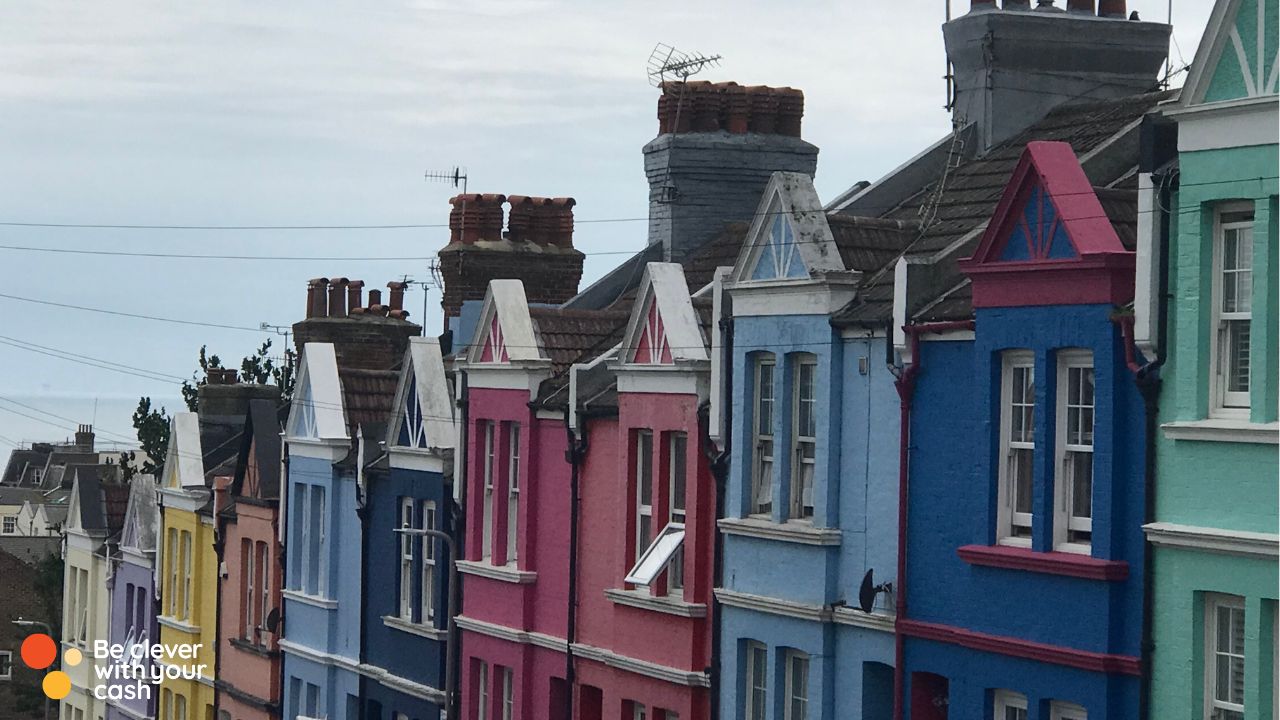And would you be happy switching homes with a stranger?
Home swapping isn’t new, but it’s becoming more popular. But is it a viable cost-cutting alternative to staying in hotels or Airbnbs on holiday?
Some articles on the site contain affiliate links, which provide a small commission to help fund our work. However, they won’t affect the price you pay or our editorial independence. Read more here.

What is home swapping?
In a nutshell, home swapping is just that. You stay in a stranger’s house at the same time they stay in yours. You could do a swap in different parts of the UK – or further afield.
Home swapping has been around since the 1950s, apparently started by teachers in New York and surrounding states looking for cheap ways to travel during their holidays.
But it was with the release of the 2006 rom com film The Holiday, that saw Kate Winslet and Cameron Diaz arranging a home swap at Christmas, where peoples’ interest really started piquing.
The idea is that you can use the house as your own – some people even let their guests use their car – for as long as agreed, weeks or even months.
How does home swapping work?
The informal route would be to simply swap homes with people you know and trust who live somewhere you want to visit. Arrange the date, iron out any logistics, and off you go.
But there are also a number of websites that match up people wanting to swap homes for their holidays, for an annual fee.
For example, HomeExchange, which has 150,000 users in 145 countries, costs $220 (use your fee-free card to pay and it’ll work out around £170 at the mo) a year. As well as doing the ‘classic exchange’, or straight swap, you can also stay in members’ homes without the swap by using Guest Points. You can earn Guest Points by hosting other members and use them to stay elsewhere..
Homelink, another global home swapping site founded in 1953, costs £120 a year. Alternatively you could sign up for two or three years for £195 or £270, respectively. It promises a second year free if you don’t do any exchanges in the first year.
You can try out Guardian Home Exchange for two weeks for free, although you’ll be limited to sending 10 messages to prospective swappers. It then costs £39 for six months or £59 for a year.
There are also Facebook groups that do a similar thing, although you’re on your own with that one.
How much does it cost?
Apart from the website membership fee, usually nothing. Homeowners cover their own bills as usual, unless they suggest otherwise upfront.
Why do people like home swapping?
In addition to the money they save, homeswappers I’ve spoken to like the idea of living like a local when they travel, rather than feeling like a tourist.
When you stay in someone’s house you can cook in their kitchen, sit in their garden and feel like you’re part of a community – rather than staying in a hotel room, which can feel a bit anonymous and temporary.
Plus, some people let you borrow their membership cards to local attractions and museums – and even their car (once they’ve sorted out insurance.)
You may have the option of staying in really nice properties all over the world that you’d expect to pay hundreds of pounds a night for. For example, period properties, villas with a pool and woodland cottages.
If you’re visiting somewhere popular in high season, you may also have a better chance of finding somewhere to stay.
Homeswapping’s also really good if you’ve got kids and exchange with a family that has children of similar ages as you can use their games and toys.
Get the best of our money saving content every week, straight to your inbox
Plus, new Quidco customers get a high paying £18 welcome offer

Are there any risks?
As with any holiday accommodation, things can go wrong with home swapping, although the websites say it’s very rare.
Items in your home could get broken, which could happen even with friends or family staying, and you may be concerned about your valuables. Homeswappers I’ve spoken to simply lock away their personal belongings and important documents before the exchange.
Some websites, like HomeExchange, offer damage cover – but not all do. And you’ll also want to check your home insurance policy isn’t affected by your home swap. If you’re not covered, you may want to consider an additional policy that covers third-party liability.
Homelink and Guardian Home Exchange don’t offer cover or compensation if things go wrong.
If you’re renting, you’ll likely need permission from your landlord and to check whether their insurance will be impacted.
If you’re worried about staying in houses that aren’t up to your standard of cleanliness, some websites allow swappers to list their ‘housekeeping style’ to give you some insight before you commit.
There’s also a risk of the swap being cancelled last minute by the other party. This could be a nightmare if you’ve already booked flights and taken the time off work.
You’ll also have to be comfortable with strangers staying in your home – which isn’t for everybody. It’s a good idea to have a video call with the other swappers to get a feel for them and to ask any questions you may have.
If you’re concerned, consider using reputable platforms that offer protection and verify users with background checks.
For example, HomeExchange, says all members must have their identity and home address verified. It also covers damages up to $1,000,000 (£846,506) and offers cancellation protection, a compliance guarantee in case the home does not meet the initial description, and theft protection.
Could it save me money?
Definitely. Think of how much you’d usually spend on hotels and Airbnbs when you’re on holiday and how you’d not be paying that if you swap homes with someone.
However, in addition to the points I’ve made above, your choices are also a lot more limited. If you do a straight swap, you’d also have to coordinate your available dates with the people you’re exchanging with – which adds another layer to the holiday logistics.

What about house sitting?
Another way to save money on holiday accommodation is by offering to ‘housesit’. In exchange for looking after someone’s pets, plants and homes, you stay in their house for free.
Trusted Housesitters matches up ‘pet parents’ and house sitters for an annual fee. Basic sitters pay £99 which means you can do unlimited housesits for a year.
There are also two other plans which cost £129 and £199 a year, which includes extra features such as accident and third party liability insurance (in case the pet you’re looking after hurts someone or damages their property).




